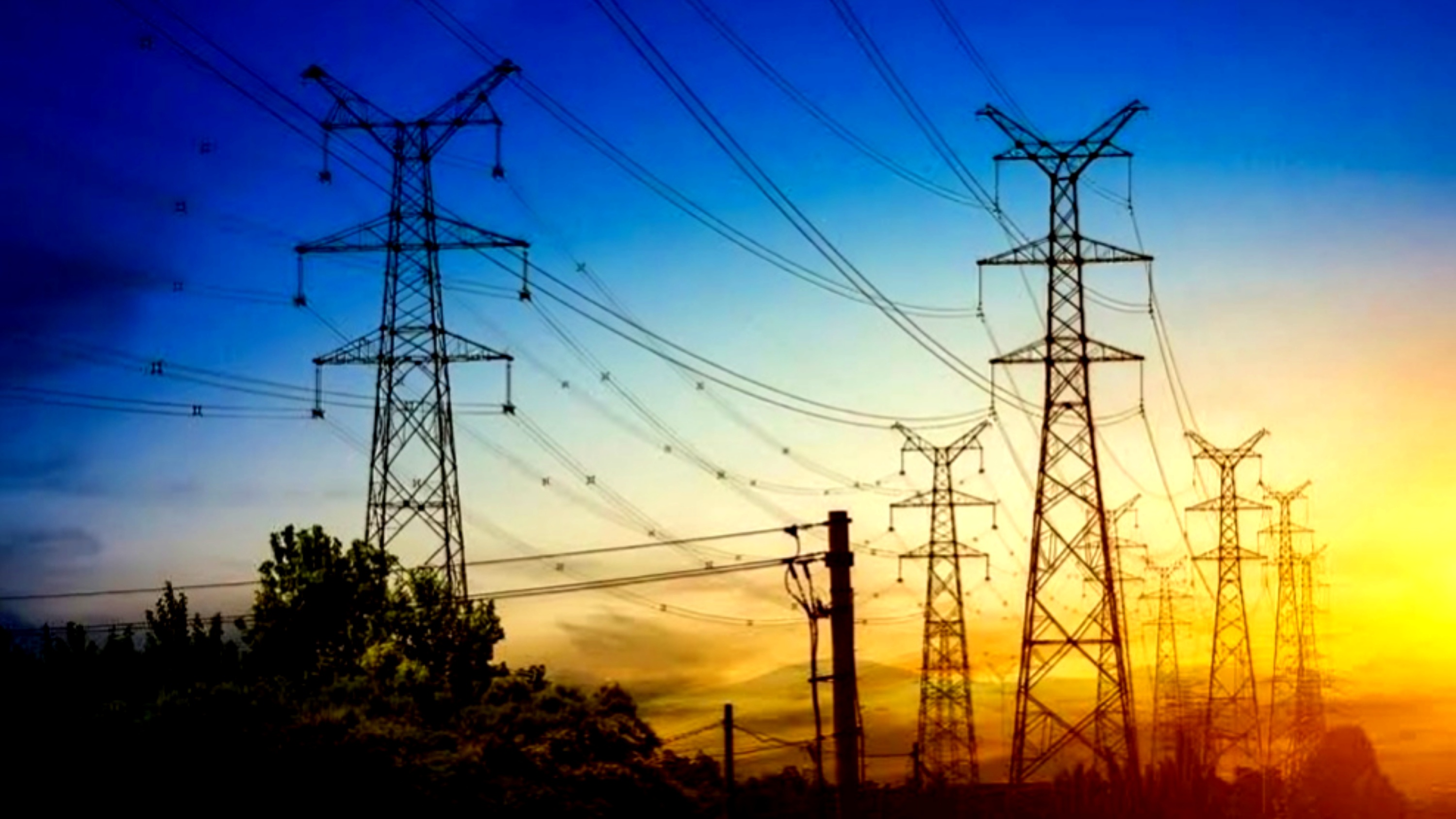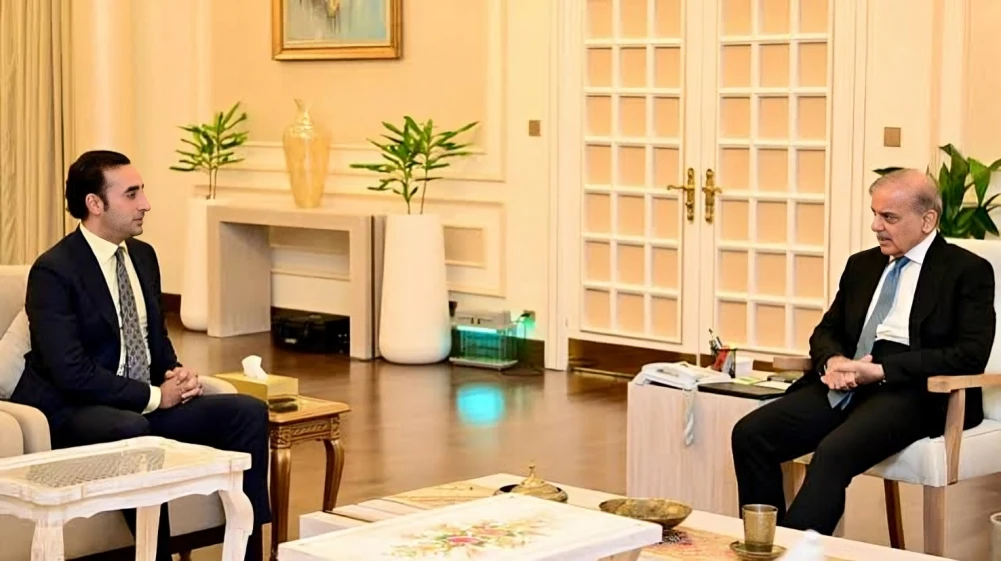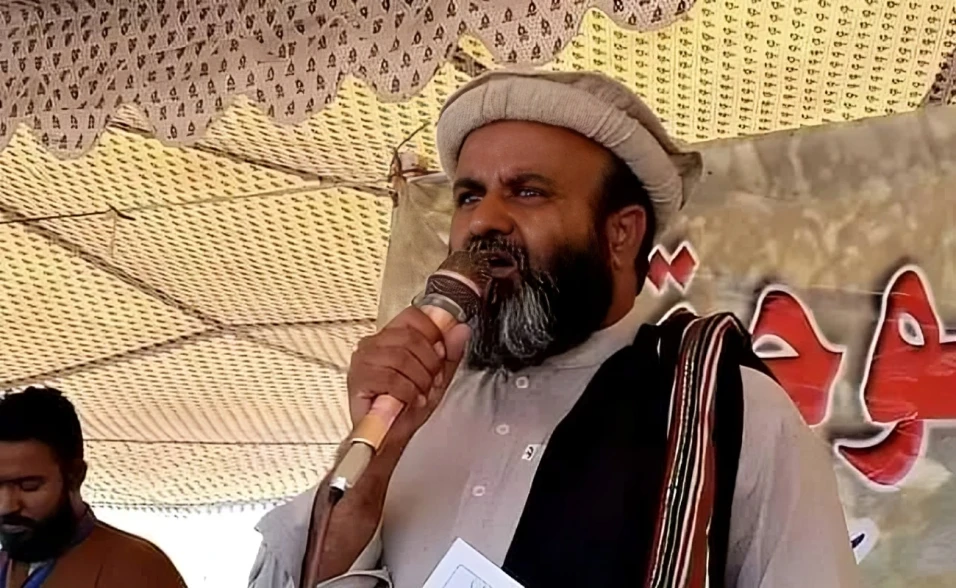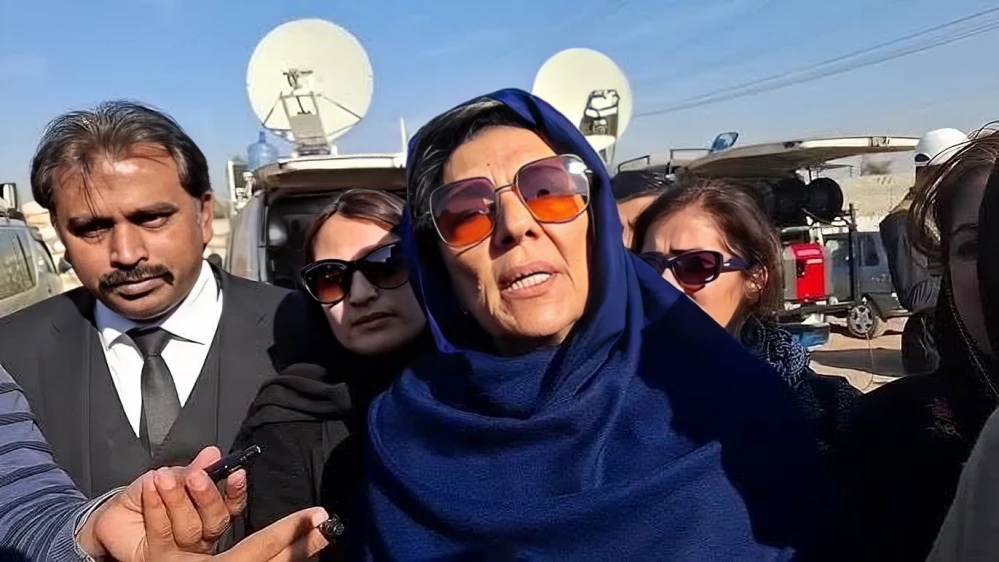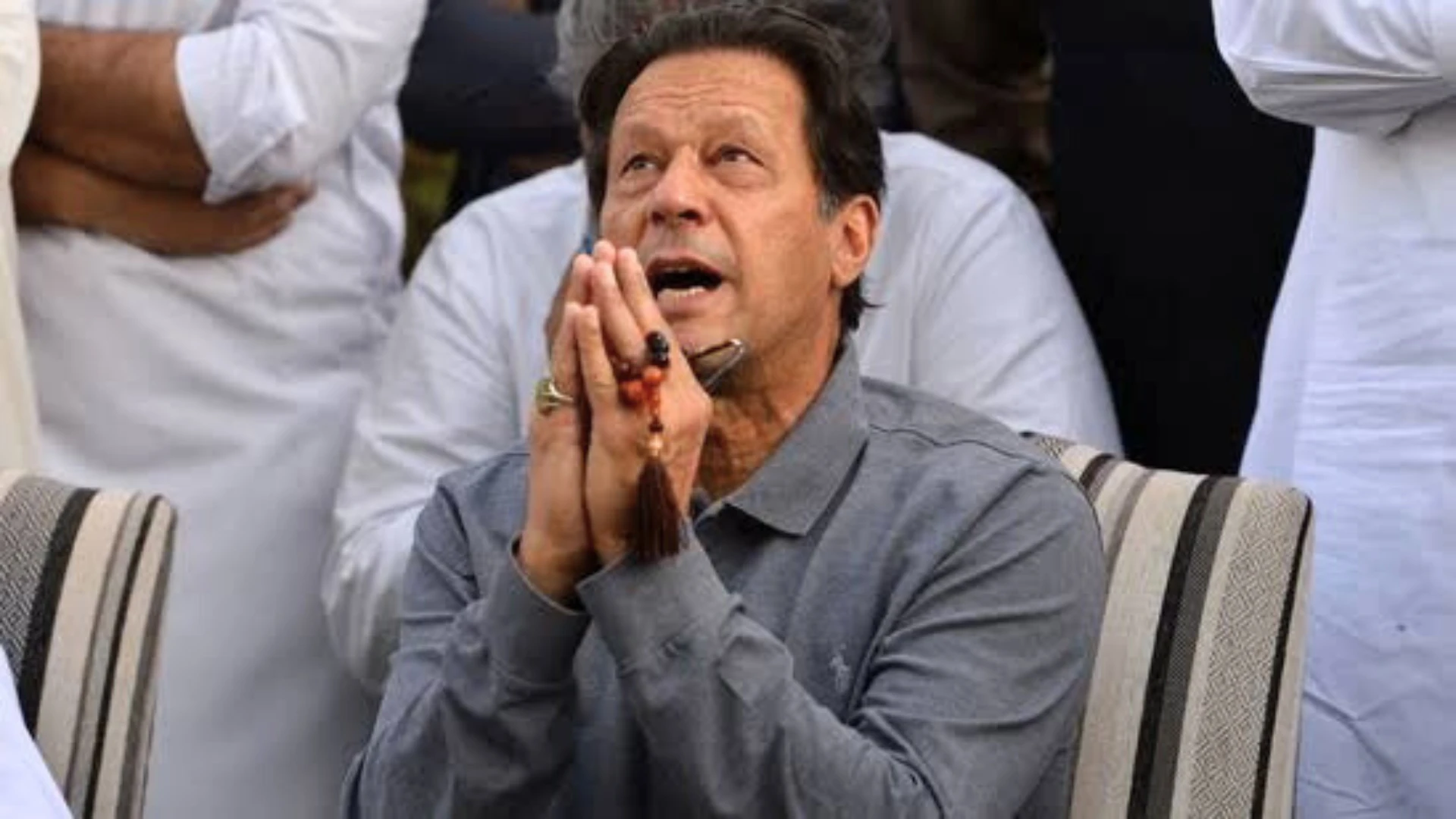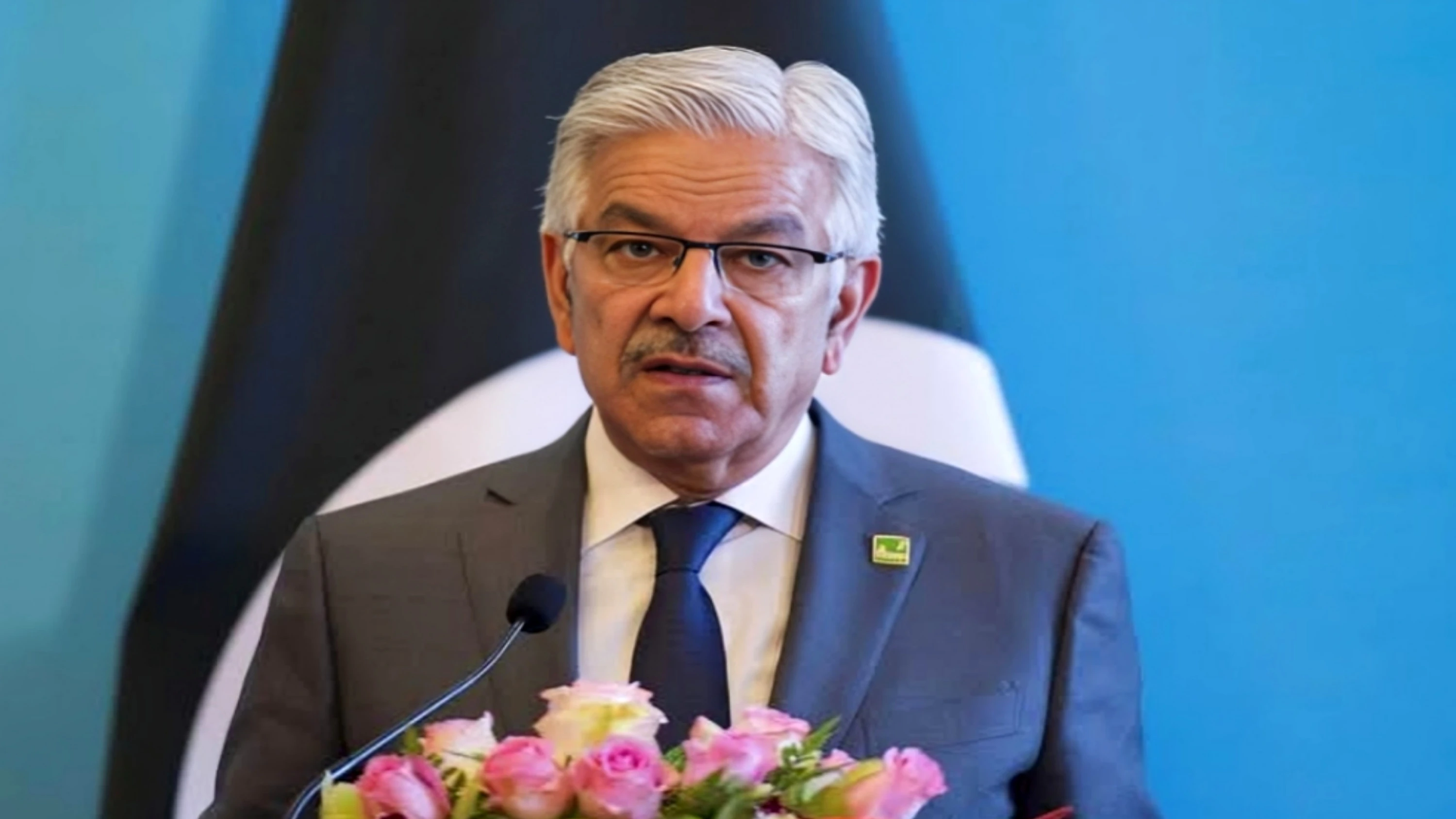Islamabad: In a significant development, the Pakistani government has claimed to save approximately Rs1,500 billion in future payments through renegotiations with 27 independent power producers (IPPs), while also planning a forensic audit of one power producer.
The announcement was made during a presentation by the Power Division team — comprising Federal Minister for Energy Owais Ahmad Khan Leghari, Special Assistant to the Prime Minister (SAPM) Muhammad Ali, and Federal Secretary Muhammad Fakhar Alam Irfan — before the Senate Standing Committee on Energy, chaired by Senator Mohsin Aziz.
A slide presented to the committee revealed that these savings would be passed on to consumers through changes in contract terms and tariff structures over the contract periods. The breakdown of savings includes Rs411 billion from the termination of contracts with five IPPs, Rs238 billion through tariff revisions with eight IPPs, and Rs922 billion through tariff adjustments with 14 thermal IPPs.
The committee was informed that ongoing discussions with 45 public sector power plants could lead to further savings. Minister Owais Leghari assured the committee that the government had no intention of discouraging solar energy systems or imposing any taxes on them.
SAPM Muhammad Ali disclosed that the government was still paying Rs70 to Rs80 billion to five IPPs whose contracts had already expired, including Rs30 billion paid solely to the Hub Power Company.
Rejecting allegations that IPPs were coerced into renegotiating their contracts, Muhammad Ali stated that overdue surcharges amounting to nearly Rs300 billion were being waived off through negotiations, with Rs100 billion already forgiven.
Responding to Senator Shibli Faraz’s question on why a comprehensive forensic audit hadn’t been conducted despite the massive payments made to IPPs in the past, Muhammad Ali explained that Pakistan lacked the capacity and funds to audit all 50 to 60 plants, requiring significant financial resources. He revealed that a budget of Rs22 million was requested in 2020 for such an audit but no funds were allocated. However, the government will conduct a forensic audit of an IPP that has resisted renegotiating its tariffs.
When asked about potential overbilling and misrepresentation of fuel and efficiency standards by IPPs, Muhammad Ali acknowledged the issue but highlighted the difficulty in proving over-invoicing without solid evidence. He warned that unsuccessful attempts could lead to international arbitration cases.
He noted that the task force on IPPs had been addressing these issues through negotiations, reviewing the balance sheets of these plants over the past 20 years.
Minister Owais Leghari criticized the previous government for failing to implement the findings of the Muhammad Ali report on IPPs, asserting that the current administration had already recovered over Rs1,400 billion from IPPs without any discretionary powers.
Senator Mohsin Aziz praised the task force’s efforts but questioned when consumers would benefit from these savings. Muhammad Ali responded that as negotiations and agreements progressed, consumers would gradually see the impact. He noted that electricity tariffs had already decreased by Rs4.11 per unit since June 2024, with further reductions anticipated.
The committee was informed that the government had set a 17% return rate for power plants compared to the 35% rate in previous decades. SAPM Muhammad Ali added that the government had recovered Rs35 billion from power plants, which the federal government had previously paid for fuel costs.
Moreover, the government has initiated talks with 45 renewable energy plants to adjust their profit margins to sustainable levels.
Discussing the country’s circular debt in the power sector, Muhammad Ali emphasized the government’s efforts to waive interest on circular debt and develop a framework to clear stock circular debt over the next five to seven years.


